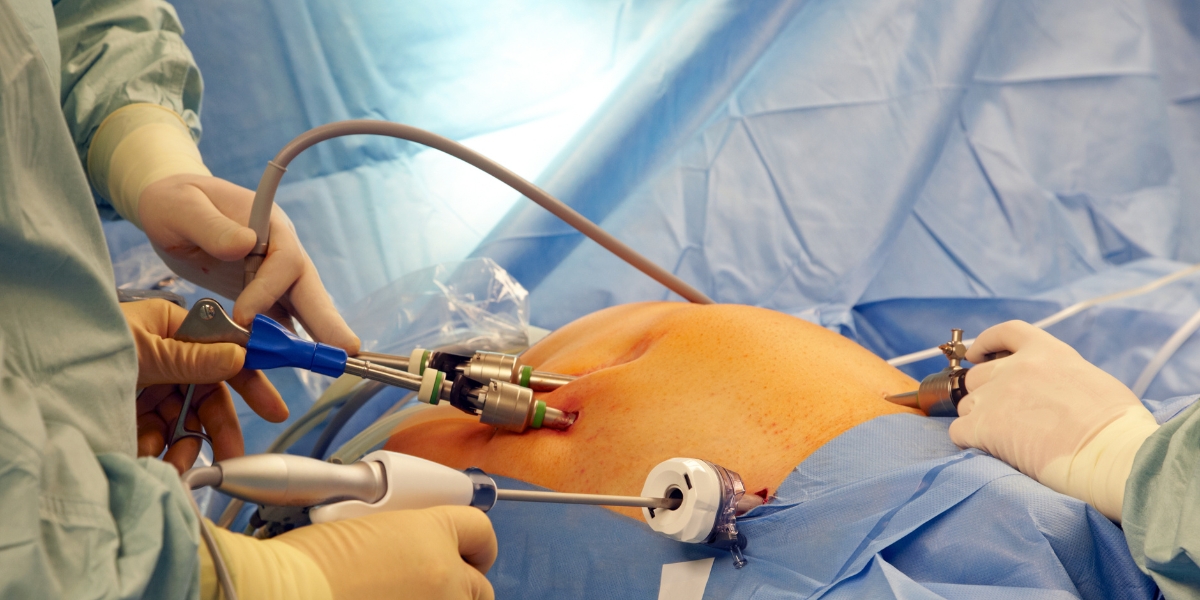In the management of hernia, the debate between laparoscopic and open surgery continues to fascinate patients and healthcare professionals alike. Each approach offers unique advantages and considerations that influence decisions based on factors such as recovery time, risk of complications, and overall effectiveness.
Understanding Laparoscopy
What is Laparoscopy?
Laparoscopy, also known as minimally invasive surgery, involves making small incisions through which a camera and specialized surgical tools are inserted. This method allows surgeons to view the affected area in detail on a monitor and perform precise repairs.
Benefits of Laparoscopy
- Minimal Scarring: Patients benefit from smaller incisions, resulting in less visible scarring and potentially improved cosmetic outcomes.
- Faster Recovery: Compared to traditional open surgery, laparoscopic procedures often lead to quicker recovery times and reduced post-operative pain.
- Lower Risk of Infection: Smaller incisions generally reduce the risk of surgical site infections, promoting faster healing.
Exploring Open Surgery
What is Open Surgery?
Open surgery involves making a larger incision directly over the hernia site to access and repair the hernia. This traditional approach provides direct access to the affected area, allowing for manual repair by the surgeon.
Benefits of Open Surgery
- Direct Visualization: Surgeons have direct access to the hernia and surrounding tissues, facilitating comprehensive repairs.
- Versatility: Open surgery may be preferred in cases where the hernia is large or complex, allowing for more extensive repairs if needed.
- Long-term Track Record: This method has been widely used for decades, with a proven track record of effectiveness in hernia repair.
Choosing the Right Approach
Factors to Consider
- Hernia Type and Size: The size and type of hernia play a crucial role in determining the most suitable surgical approach.
- Patient Health and Medical History: Individual health factors, such as obesity or prior abdominal surgeries, may influence the choice between laparoscopy and open surgery.
- Surgeon Expertise: The experience and expertise of the surgical team in performing both laparoscopic and open procedures are critical considerations.
The decision between laparoscopy and open surgery for hernia repair hinges on various factors, each with its own set of advantages and considerations. While laparoscopy offers quicker recovery and minimal scarring, open surgery provides direct access and versatility in complex cases. Consult Dr. Abhijit Gotkhinde for the best hernia treatment in Pune.




